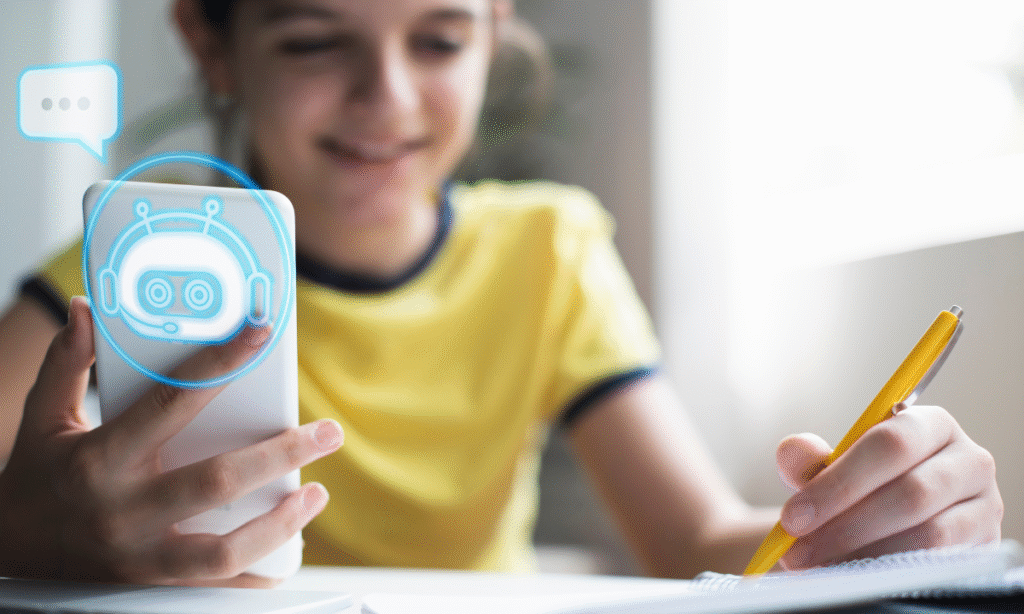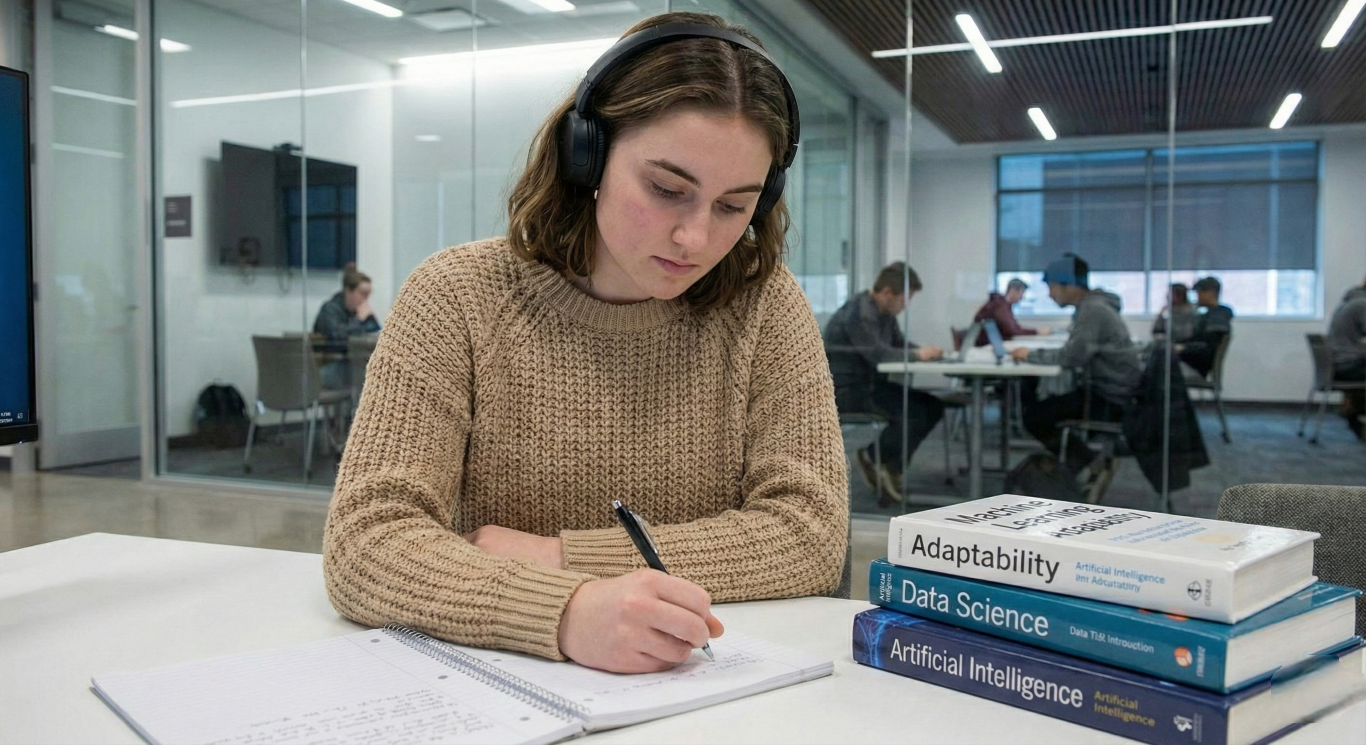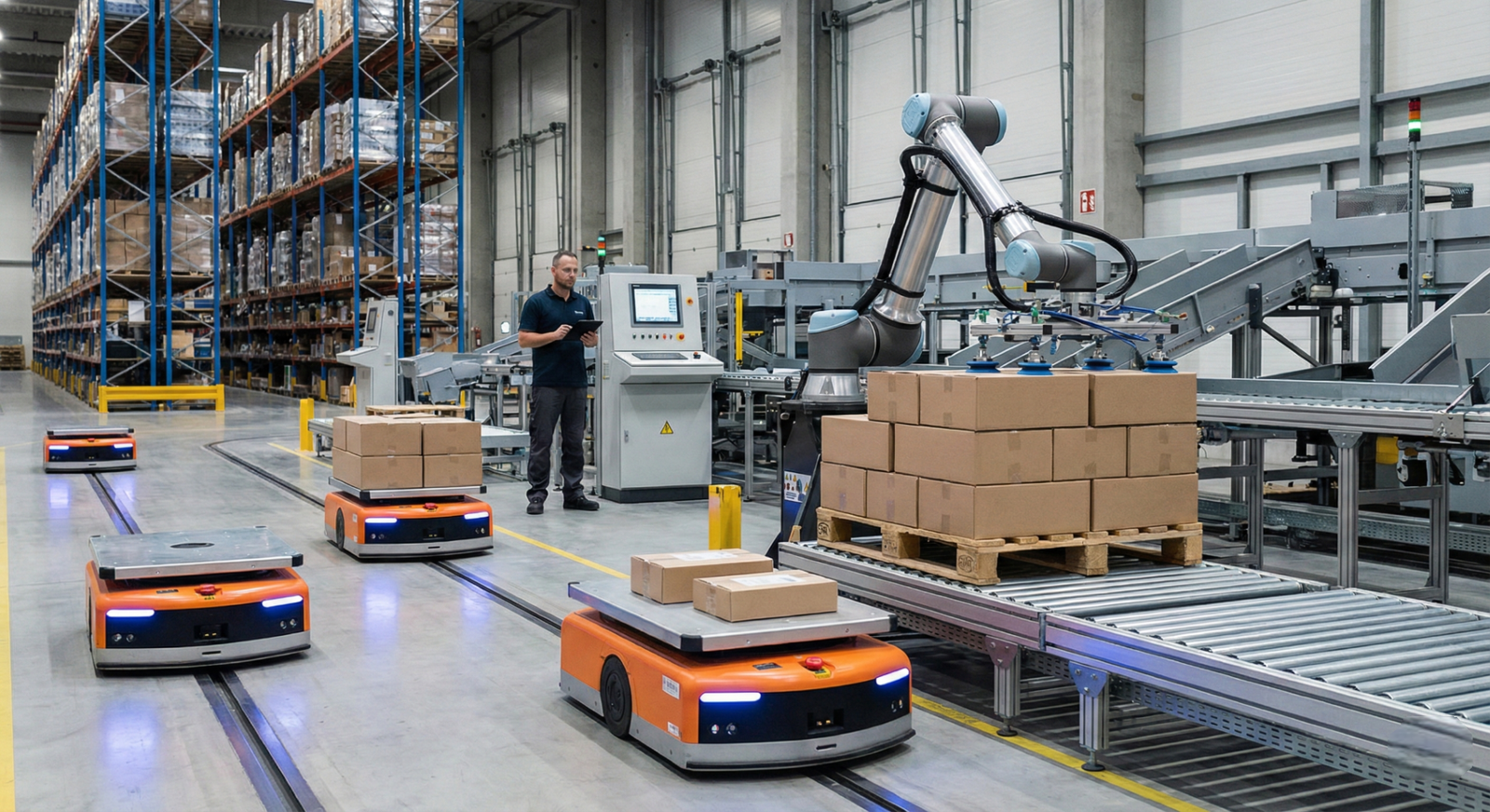In classrooms across the United States and around the world, a troubling trend is emerging that has educators worried. As AI tools become more advanced and easy to access, students globally are becoming dependent on them in ways that hurt their ability to think and write for themselves. Recent research, teacher stories, and expert warnings show what happens when students can’t compose essays or think critically without AI help.
Key Takeaways
- Students are becoming so dependent on AI that they cannot write or solve problems independently.
- Research shows heavy AI use weakens critical thinking, creativity, and problem-solving abilities.
- A teacher recently quit after students said they’d rather fail than write their own essays.
- This crisis is affecting students globally, raising concerns about students’ future AI dependence.
A Teacher’s Breaking Point
A high school English teacher named “Hannah Maria” made headlines when her honest video about quitting her job went viral on TikTok, with over one million views. The 26-year-old 10th-grade English teacher from the United States explained that AI tools have made teaching harder because students rely on technology to do the work for them and don’t want to put in effort themselves.
When Hannah appeared on Fox News’ “Fox & Friends,” she shared that students would turn in essays written by ChatGPT. When caught, some students told her they would rather receive a failing grade than write an essay on their own. This shocking attitude shows a big shift in how students in the United States think about learning.
What Research Shows About AI Dependency
Hannah’s observations aren’t just one teacher’s opinion. Recent studies have found clear links between too much AI use and problems with thinking skills.
A research review published in Smart Learning Environments found that heavy reliance on AI systems can “weaken users’ cognitive abilities by fostering dependency and uncritical acceptance” of what AI creates. The study found students who depend too much on AI show less creativity, weaker critical thinking, and poorer analysis skills.
Another study looking at AI use in Albanian schools (in southeastern Europe) found a clear negative link between using AI for assignments and students’ ability to solve problems on their own. This suggests that leaning too much on AI can stop students from developing important thinking skills.
According to research published by The Nexus, when scientists surveyed 285 students, they found that 68.9% of laziness and 27.7% of lost decision-making skills were linked to AI use. The results showed that using AI hurts the development of critical thinking.
How AI Affects Students’ Brains

The brain impact of AI dependency worries education and brain science experts.
When students use AI for quick answers instead of thinking through problems, it can lower their “cognitive reserve,” which means the connections between brain cells. Building and keeping these brain connections requires regular brain exercise, like learning new information and thinking deeply about it.
As a recent study points out, when students use AI to generate essays or solve basic math problems, they skip the creative and learning process entirely. Over time, this dependency can hurt a student’s ability to develop their own voice, which is important for self-expression and thinking critically.
The Academic Performance Puzzle
Research shows a complex relationship between AI use and school performance.
While students who rely too much on AI show poorer problem-solving skills, studies have found a strong positive connection between how often students use AI tools and how they think they’re doing in school. This suggests that AI tools might make students feel they’re learning more when they’re actually developing fewer of the thinking skills school is meant to teach.
According to a study published in Frontiers in Education, “AI dependency can have significant consequences on students’ thinking, emotional, and social development.” The researchers created a special scale to measure AI dependency in college students, seeing a growing need to track and address this issue across multiple countries.
Not All Students Are Affected the Same Way
The impact of AI dependency varies among students, which could make existing educational gaps worse.
Access to advanced AI tools is uneven, with students from poorer backgrounds often lacking the resources that their wealthier classmates have. This technology gap could widen learning differences and make existing inequalities in schools across the United States and globally even worse.
Finding Balance: Possible Solutions
Teachers and researchers aren’t saying we should ban AI from schools. Instead, they suggest finding a better balance.
A report from the International Journal of Educational Technology identifies three skills needed to fix AI-related problems in education: “AI literacy, knowledge about prompt engineering, and critical thinking.”
A study in Cogent Education suggests that “AI can be a valuable tool in developing critical thinking skills, provided its use is balanced and its limitations are well-managed.” The researchers stress the need for “thoughtful integration of AI in teaching methodologies.”
According to EDUCAUSE Review, “AI technologies can be utilized effectively to supplement classroom learning and make vast amounts of information readily accessible to students. This would improve learning outcomes and promote a more engaging educational experience. But if misused or relied on too heavily, AI technologies could also harm students’ critical thinking and problem-solving capabilities.”
The Call for Educational Reform
Many teachers want big changes in how technology is used in schools.
In her viral video, Hannah called for “radical changes” to better prepare students for success. She said in her original TikTok, which she has since made private: “I think we need to cut off technology from these kids probably until they go to college. Call me old-fashioned, but I just want you to look at the test scores. Look at the literacy rates. Look at the statistics. From when students didn’t use technology… to now.”
Other experts recommend teaching “digital literacy and ethical AI practices” in school, showing students how to use AI as a tool for brainstorming or idea generation rather than a replacement for independent work.
Looking Ahead: Education in an AI World
As AI keeps evolving, schools around the world face tough choices about how to maintain quality learning while preparing students for a future with more technology.
Researchers stress the importance of using many approaches to better understand how humans and AI interact and call for policies and educational strategies to address AI dependency in academic settings.
The silent crisis of AI dependency in education needs quick attention from teachers, parents, lawmakers, and students globally. While AI offers great potential to improve learning, the main goal of education—creating independent, critical thinkers—must remain the priority in all countries. The challenge ahead is how to use AI’s benefits while making sure students keep the thinking abilities that make us human, regardless of national education systems.
References
- Teacher quits profession as AI tools ruin education in viral video – Fox News (2025)
- Teacher quits profession after viral rant on how AI is ‘ruining’ education – Fox 29 Philadelphia (2025)
- The effects of over-reliance on AI dialogue systems on students’ cognitive abilities: a systematic review – Smart Learning Environments (2024)
- Risks of AI-Assisted Learning on Student Critical Thinking: A Case Study of Albania – IGI Global (2025)
- AI reduces critical thinking – The Nexus (2025)
- The Growing Dependency on AI in Academia – Student Journal of Information Privacy Law (2025)
- Development and validation of a scale for dependence on artificial intelligence in university students – Frontiers in Education (2024)
- Embracing the future of Artificial Intelligence in the classroom – International Journal of Educational Technology in Higher Education (2024)
- Critical thinking in the AI era: An exploration of EFL students’ perceptions, benefits, and limitations – Cogent Education (2023)
- Will Our Educational System Keep Pace with AI? A Student’s Perspective on AI and Learning – EDUCAUSE Review (2024)





